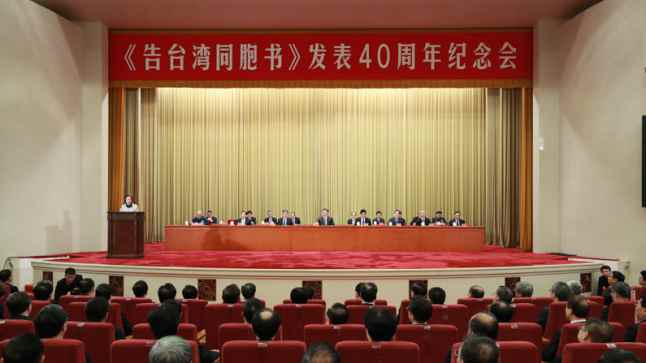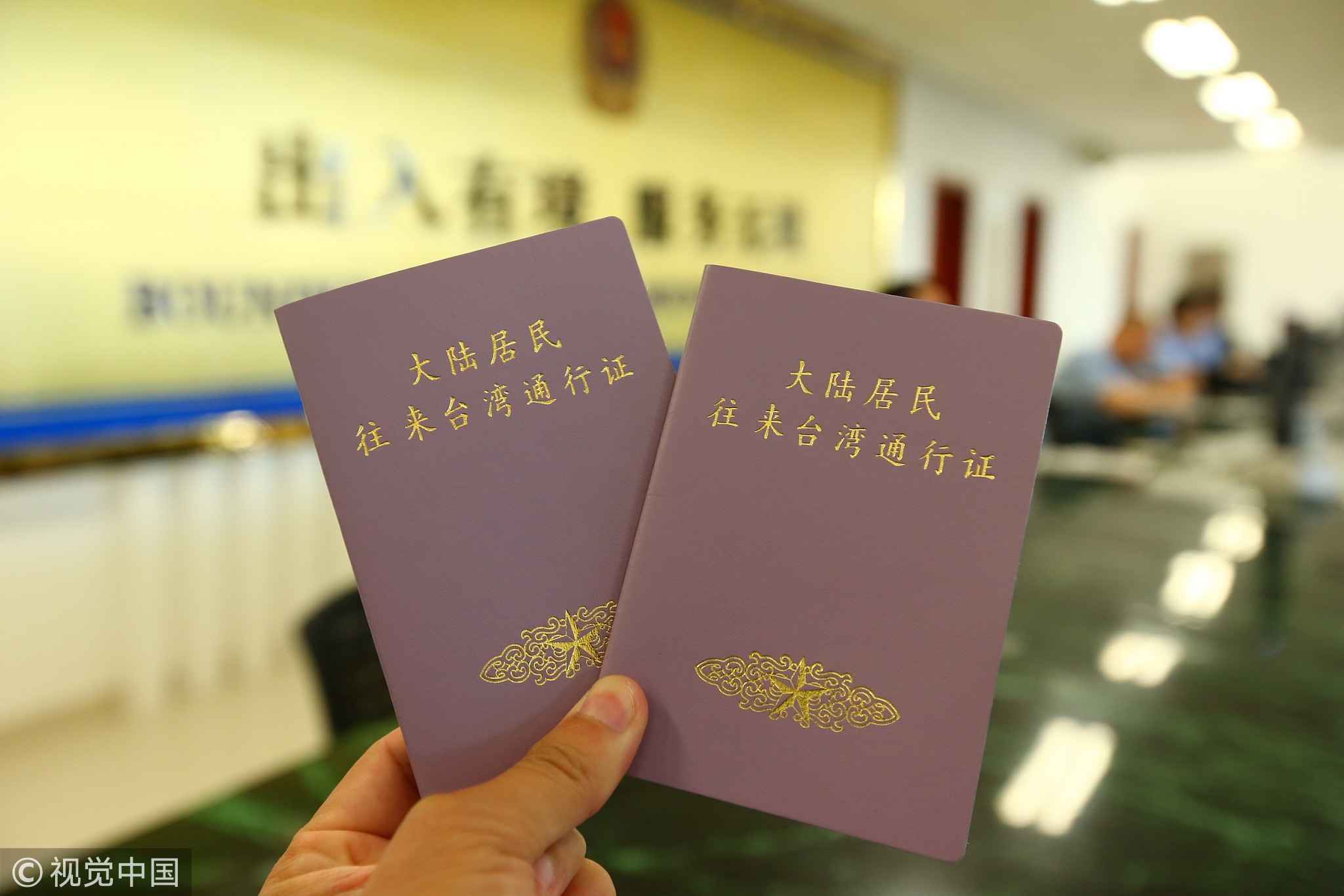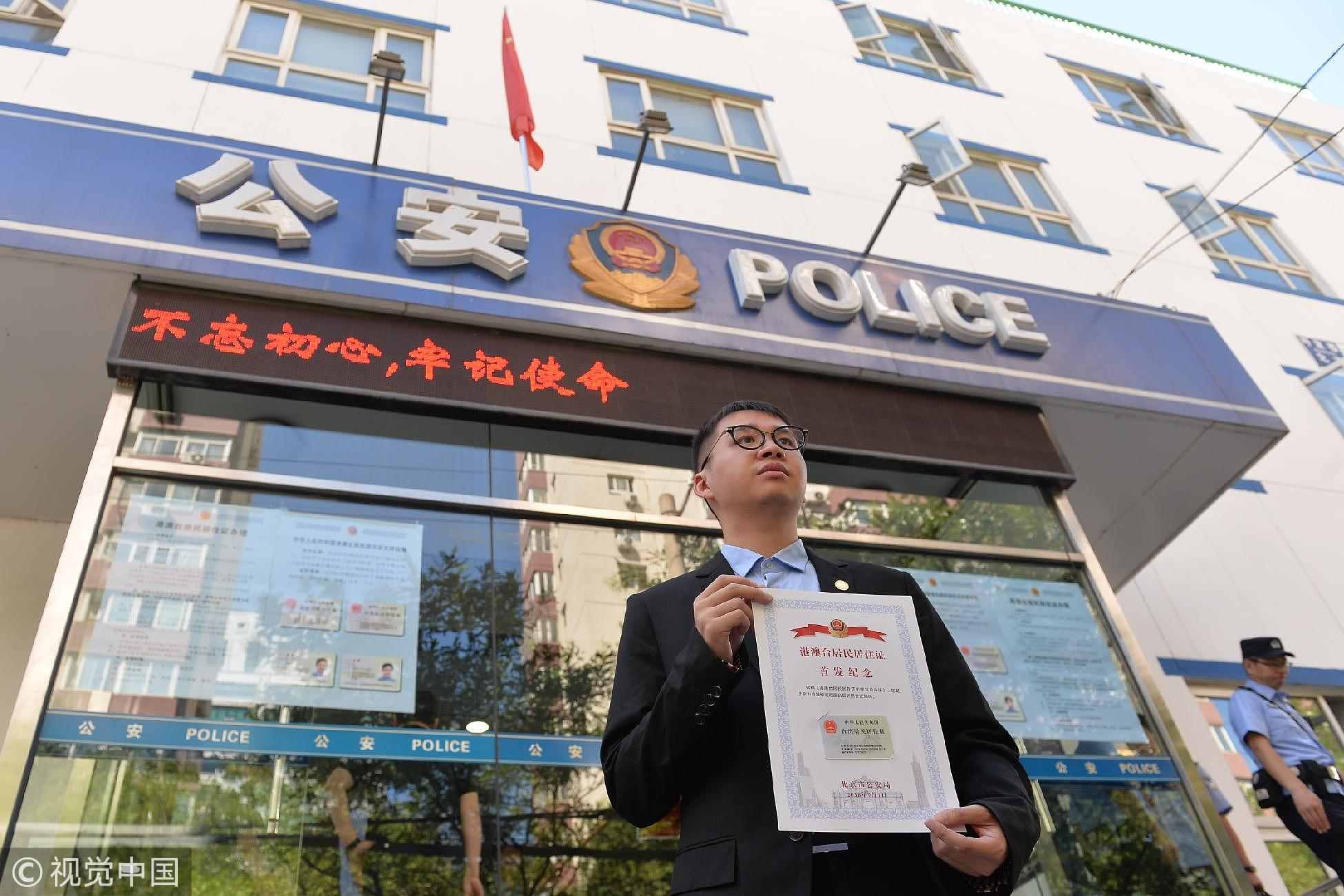
Opinions
10:15, 03-Jan-2019
The Taiwan question arose from chaos, and will be resolved with unity
Updated
10:16, 06-Jan-2019

Editor's note: The following is an edited translation of an article from the Chinese-language "Commentaries on International Affairs", first published on China Plus on January 2, 2019.
At a gathering in Beijing on Wednesday to commemorate the 40th anniversary of the Chinese mainland's "Message to Compatriots in Taiwan", Chinese President Xi Jinping said China must and will be reunified.
Reviewing 70 years of developments in cross-Straits relations, he proposed a five-point proposal for peaceful reunification and stressed that China's reunification doesn't harm any country's legitimate interests and will only bring more development opportunities to other countries.
In his speech, President Xi said that it was with "utmost sincerity and the greatest efforts" that China should seek peaceful reunification. "We make no promise to renounce the use of force and we reserve the option of taking all necessary means," he said.

A night market in Taipei, December 12, 2015. /VCG Photo
A night market in Taipei, December 12, 2015. /VCG Photo
But he added that this was not targeted at people in Taiwan, but rather the external forces seeking to interfere in China's domestic affairs and the very small number of separatists in Taiwan.
President Xi's remarks are a demonstration of the sincerity and good will of the ruling Communist Party of China and China's government in seeking peaceful reunification and, at the same time, their firm resolve to safeguard the country's national sovereignty and territorial integrity.
The "Message to Compatriots in Taiwan" was issued on New Year's Day in 1979 by the National People's Congress Standing Committee. It was a declaration of the mainland's policy for peaceful reunification, made when the People's Republic of China had regained all of its legitimate rights at the United Nations and the international community had generally acknowledged that Taiwan is an inalienable part of China.
The Message emphasized the centrality of the one-China principle, called for a halt to military confrontations, and proposed visits, cross-Straits transportation, postal services, and economic and cultural exchanges. It was truly the start of a new chapter in cross-Straits relations.

Chinese mainland residents' travel pass to Taiwan. /VCG Photo
Chinese mainland residents' travel pass to Taiwan. /VCG Photo
Marking the 40th anniversary of that important moment in China's history, President Xi proposed that political parties on both sides of the Straits put forward representatives to conduct in-depth democratic consultations on the basis of the 1992 Consensus and opposition to Taiwan separatism.
Speaking of the 70 years of cross-Straits ties since the People's Republic of China was founded, President Xi highlighted major victories in the battles against Taiwan separatists, and reaffirmed two unchangeable realities. First, the fact that Taiwan is legally and historically part of China can never be changed. And second, the fact that people across the Straits are all Chinese who share a natural kinship and a national identity can never be changed.
40 years ago, Taiwan's economy was booming, and far more advanced than that of the mainland. Now, the mainland is the world's second-largest economy, and Taiwan's largest trading partner and export market, and the most important target for investment.
From January to November last year, cross-Strait trade exceeded 200 billion U.S. dollars for the first time, an annual increase of 16 percent, and the number of people visiting the mainland from Taiwan reached 5.6 million, an annual increase of four percent.

A man from Taiwan gets his residence card from Beijing's Hujialou police station, September 7, 2018. /VCG Photo
A man from Taiwan gets his residence card from Beijing's Hujialou police station, September 7, 2018. /VCG Photo
At the same time, more and more countries have broken diplomatic ties with Taiwan and established or resumed ties with the People's Republic of China. The "one China" principle has become more deeply rooted in the international community.
Compared to 40 years ago, internal and external conditions have become more mature for peaceful reunification, but more needs to be done to push forward this process. This is why President Xi put forward his five-point proposal for peaceful reunification in his speech.
It calls for promoting national rejuvenation and peaceful reunification, exploring the use of the "one country, two systems" approach for reunification, adherence to the one-China principle, deepening integration across the Straits, and recognition of the ties of kinship shared by the people in Taiwan and the mainland.
After 40 years of reform and opening-up, China has entered into a new era that has brought it closer than ever to the goal of the rejuvenation of the Chinese nation. People in Taiwan are an inseparable part of the Chinese nation. Their future, President Xi said, lies in national reunification. The Taiwan question arose from a period of national disorder, but it will without doubt be resolved with unity.
(If you want to contribute and have specific expertise, please contact us at opinions@cgtn.com.)

SITEMAP
Copyright © 2018 CGTN. Beijing ICP prepared NO.16065310-3
Copyright © 2018 CGTN. Beijing ICP prepared NO.16065310-3